Be it anywhere in the world, We Uphold our 3 Core Principles
We aim to relieve sickness and preserve health of patients. We will focus on the provision of work in centres and mobile clinics to facilitate diagnostic services, medical treatment, speciality referral and health care education programmes through support services.
Key Objectives
Disability Awareness
Disability Awareness Campaigns to promote inclusivity and reduce stigma in the community.
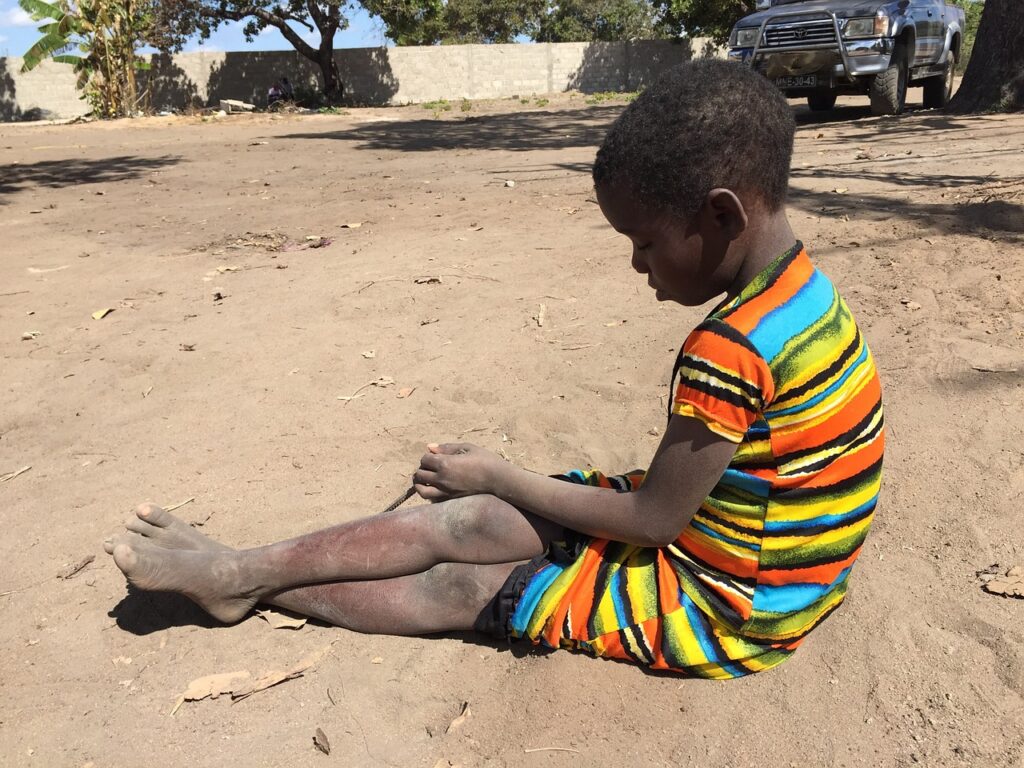
Community Initiatives
Community Empowerment Initiatives aimed at fostering emotional security, social well- being, and personal empowerment.
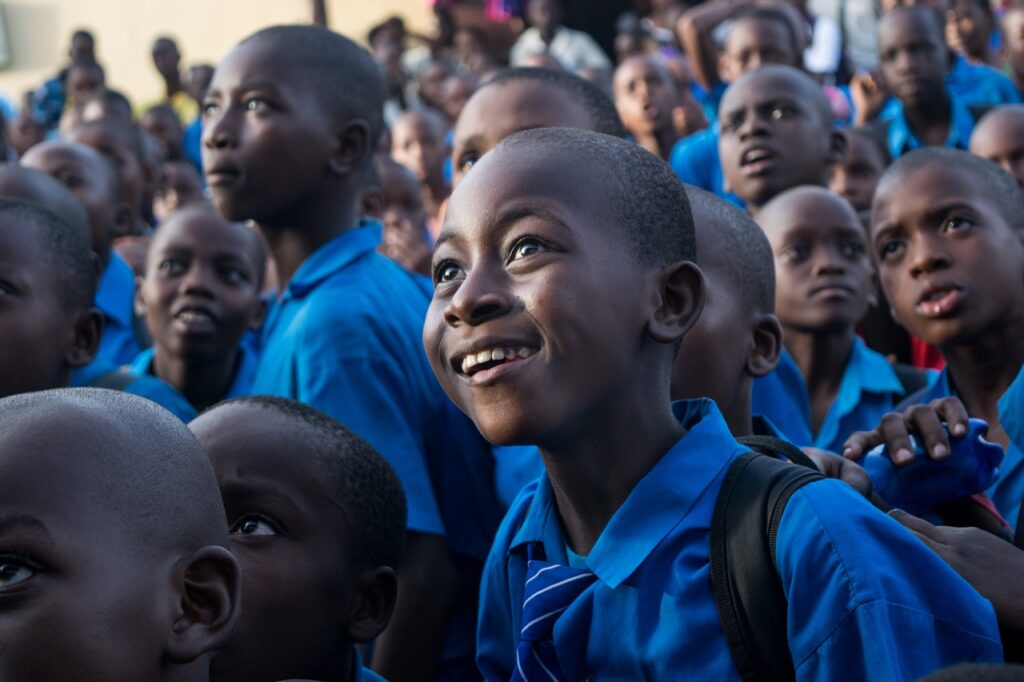
Mobile Clinics
Mobile Clinics and Walk–In Centers for diagnostic services, medical treatment, and specialty referrals
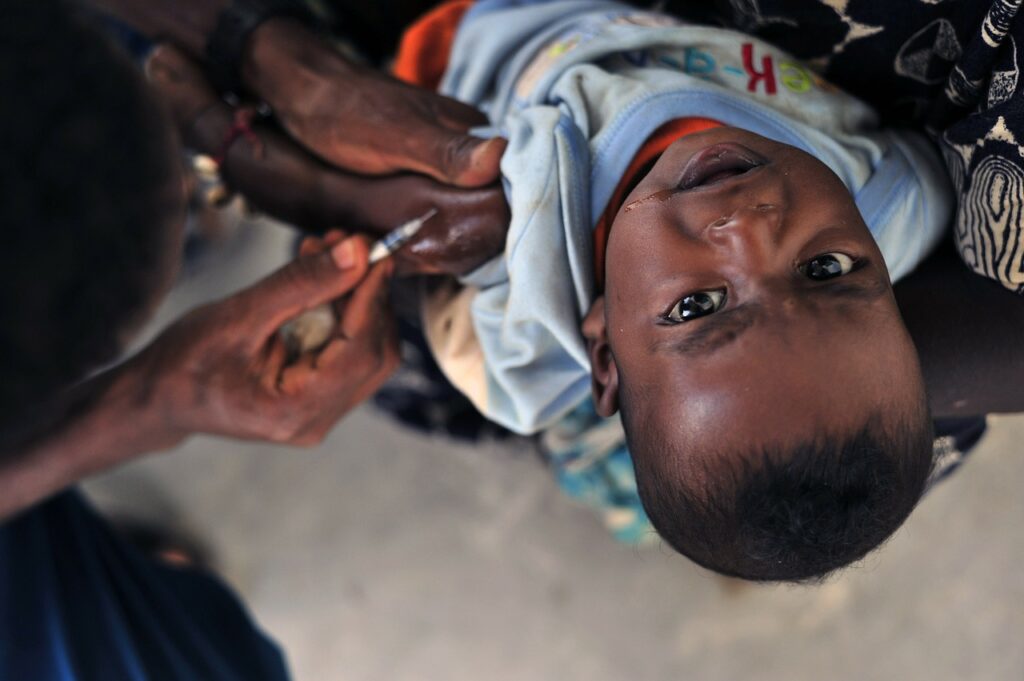
Health Education
Health Education and Awareness Programs on reproductive health, life skills,financial management, and disability awareness.
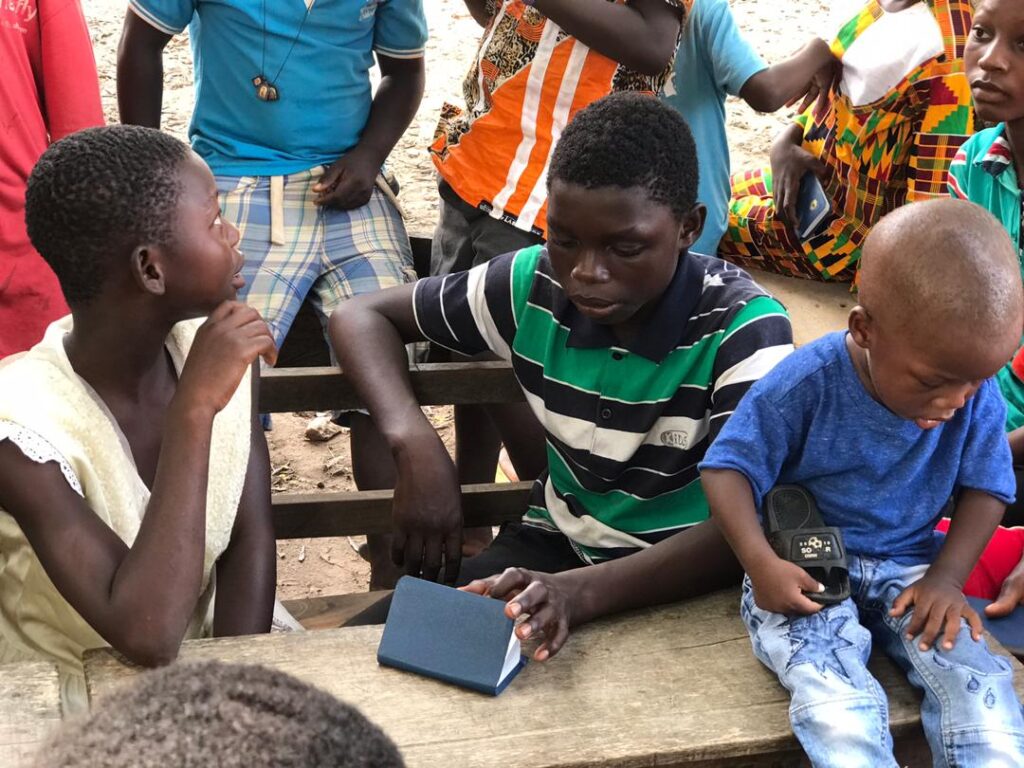
Life Skills
Life Skills and Educational Programs for children, youth, adults, and caregivers to enhance personal and professional development.

Activities
Encourage Physical Activity and healthy lifestyles Fostering Social Support and Community Engagement.
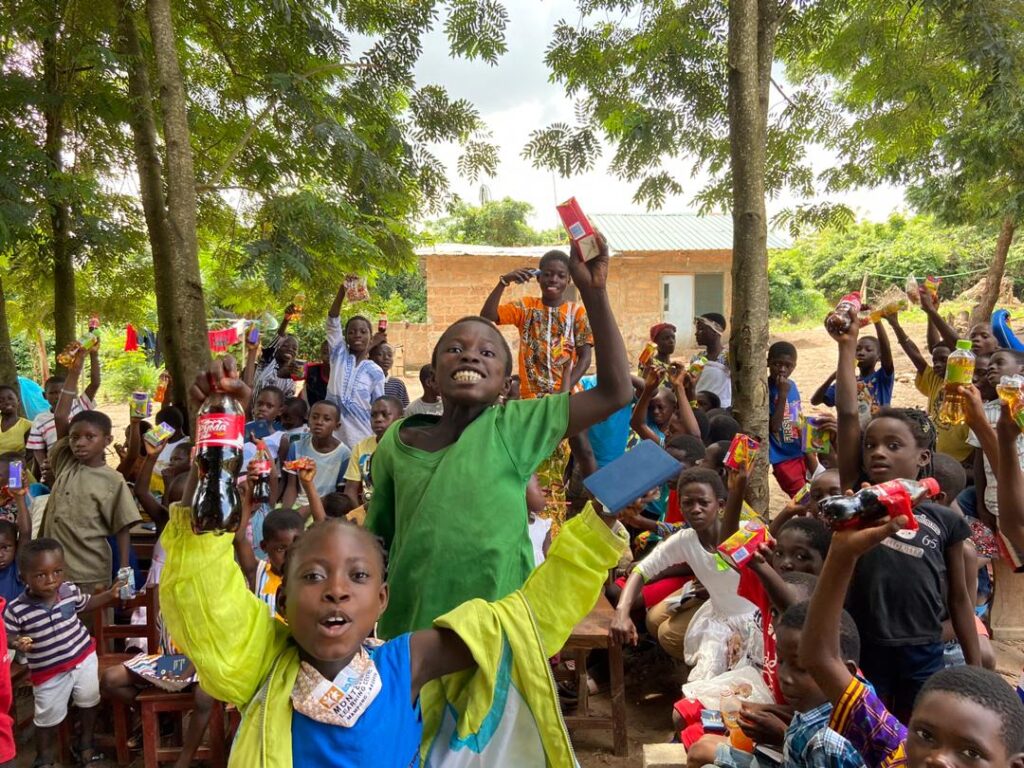
Community Outreach Programmes
Planning with communities on areas of interventions
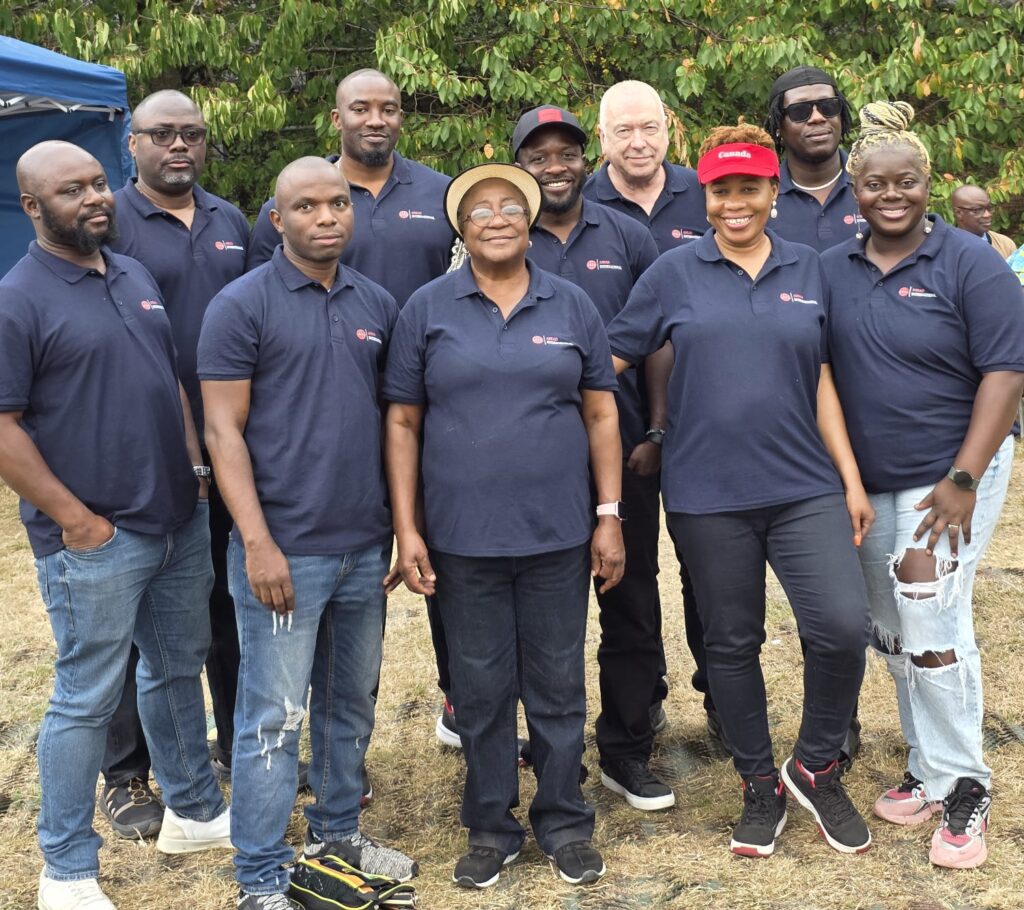
2025 Impact Brief in Sierra Leone
Working group Adonkia
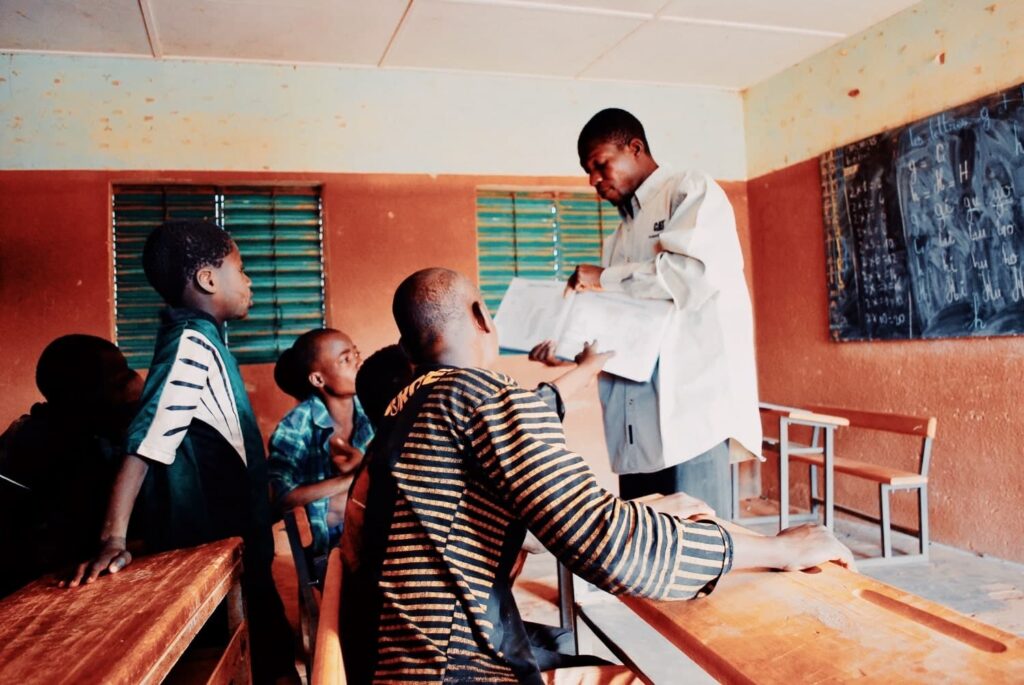
Partnership building is Key to AHEAD
Contact us today and learn how you can partner with us
